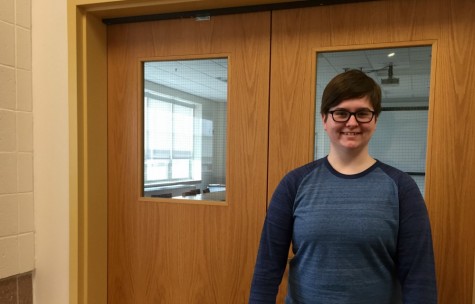One School, One Book taking a vacation
June 6, 2015
This summer, the One School One Book program is taking a break.
For the past five years, the program has brought the school together over a single piece of literature. However, One School One Book will be ending for the foreseeable future.
The decision to change the direction of summer reading was not an easy one, according to English Department Chair Jane Betar.
“I love the One School One Book program, but I also embrace a little change every now and again,” Betar said.
The English department is preparing to revamp the curriculum of many classes beginning in the 2016-2017 school year. The change in summer reading was a combination of anticipating the new curriculum along with a lack of students or teachers interesting in working to choose a book.
“There’s nobody that came forward and said ‘Hey, I want to facilitate the One School One Book program.’ Nobody was interested,” Betar said.
Senior Lohitha Madhireddy, head of the One School One Book committee last year, shares Betar’s sentiments.
“Too much of a good thing can be a bad thing – every year, the activities take a lot of planning. It’s getting harder and harder for the school to plan these big events,” Madhireddy said.
Instead, the English department will take a more traditional approach to summer reading. Students will have required reading based on grade or by English class.
Additionally, “We’re going to offer up an option for students to do some writing or draft up a college essay,” Betar said.
Students have different views on the new changes to the system.
“Everyone will know if you don’t read, since [the books are] probably going to be more tested. So now you have to read,” said junior Emilie Koza.
“I think [drafting a college essay] will be more helpful, because for One School One Book, you only do it for a few days and then everyone just throws it out the window. But being able to draft your college essay, it’ll be less stressful and more effective,” said junior Samantha Poutre.
“It makes sense that it’s ending,” Madhireddy said. “If we keep selecting a book and forcing the whole school to read it, we’re going to get a lot of backlash. Reading books only related to classes will be an easier workload over the summer.”
In the end, regardless of the program, “Reading is supposed to be enjoyable,” Betar said.
The English department hopes to release a summer reading list in early June.










